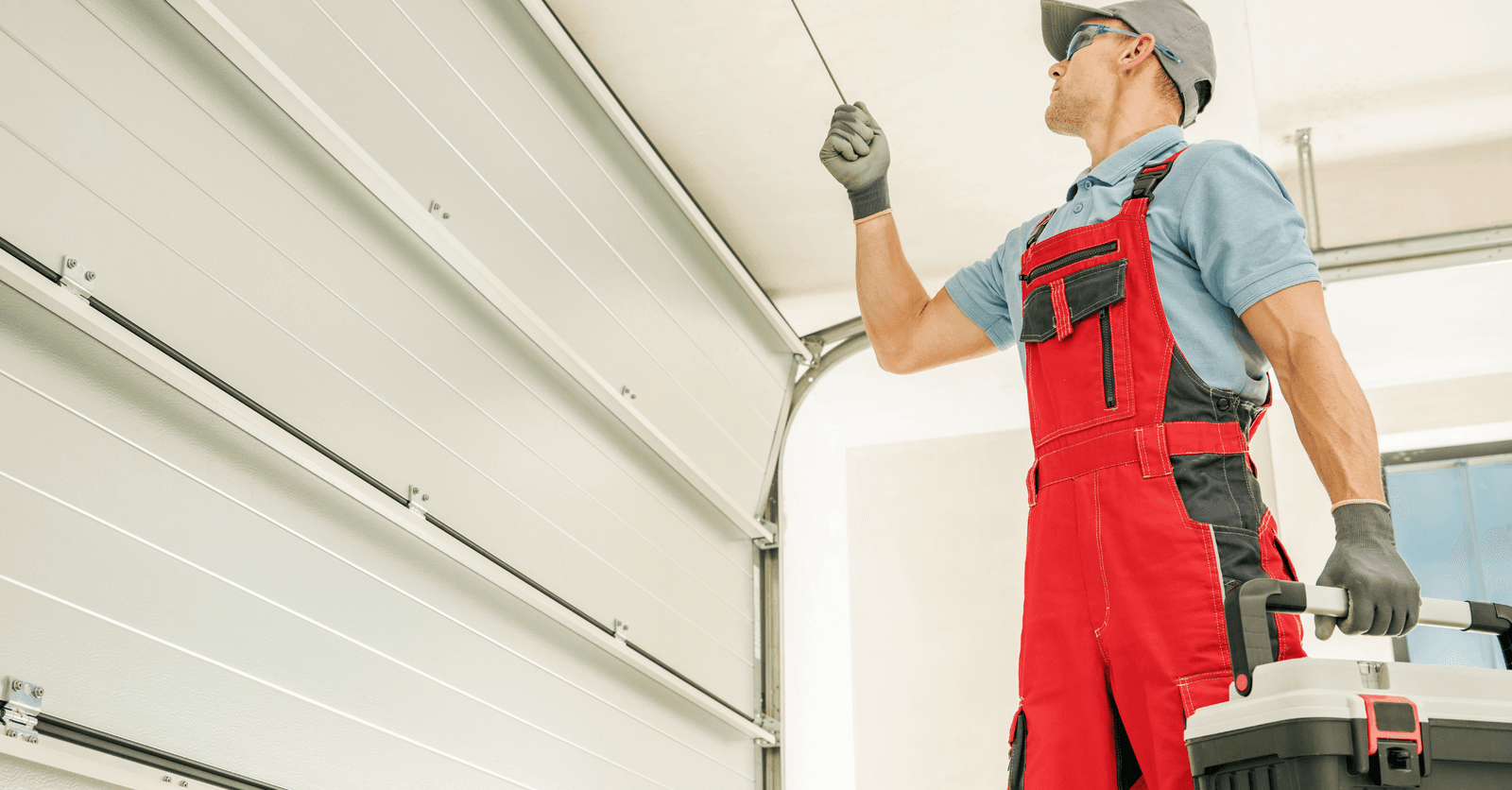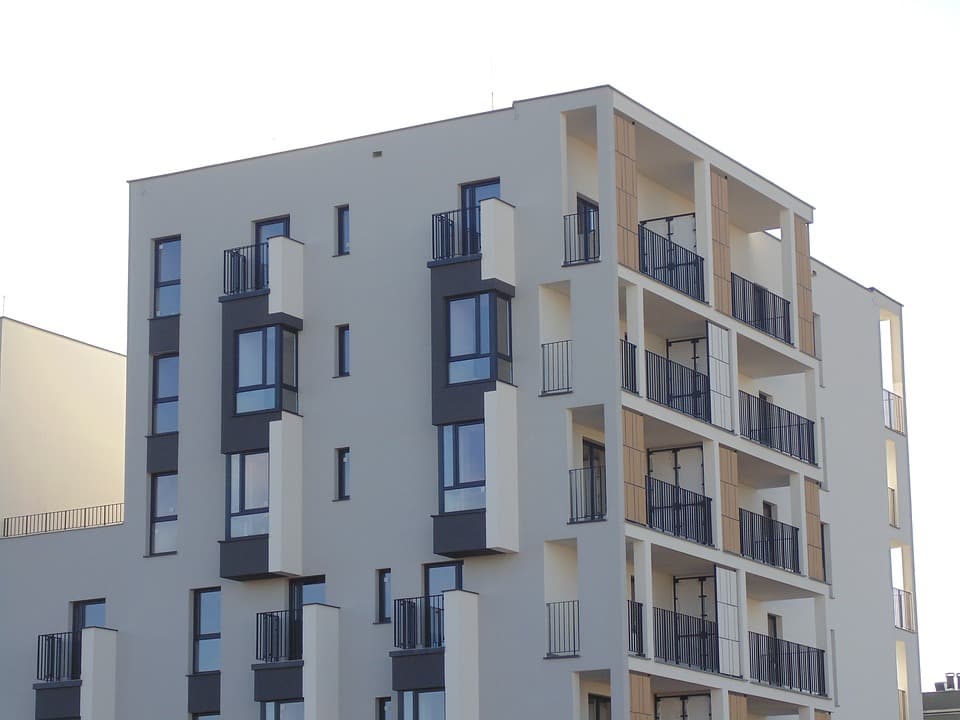Soundproof Windows - Are They Right for Your Home?
By Editorial Team
Updated on March 31, 2025

Noise pollution is a reality of urban life and living alongside the city's soundscape. Even in more rural environments, noise can find its way inside homes in a slew of ways. Windows are an essential home feature, and your windows play a key part in controlling a lot more aspects than the sheer amount of sunlight that seeps in.
Windows have a direct impact on how noise filters in or seeps out of your home. Hence, it’s important to familiarize yourself with the specifications and particularities of the windows around your house. As for soundproofing, one of the key aspects is their noise reduction capacity.
What are the best windows for blocking outside noise? How can you effectively reduce noise pollution? What kind of window glazing provides the best acoustic insulation?
Discover everything you need to know about soundproof windows to improve comfort.
How Do Soundproof Windows Work?

Source: Canva
The simplest explanation is that soundproof windows and doors reduce noise pollution by muffling and dispersing sound waves, ultimately weakening their strength. This is facilitated through the use of materials that can absorb or redirect sound waves. Windows with soundproofing properties are built with materials that can help absorb sound.
While soundproof windows can’t completely muffle or redirect sound waves, they can reduce noise by up to 90%. High-frequency sounds are easier to block than low-frequency sounds, so chirping sounds are easier to mask than traffic or waste removal trucks. As such, when selecting a soundproof window model, the first step is identifying the sounds you want muffled.
Windows can reduce noise in various ways, and for optimal effectiveness, two key factors are essential:
Glass thickness: As a rule of thumb, the thicker the glass, the better the sound insulation.
Gap between panes: The space between the glass layers contributes to noise reduction. Moreover, the wider the gap, the better the soundproofing.
Window laminate: Some windows are manufactured with a layer of materials between the glass panes. It doesn’t affect the overall look of the glass, instead allows for a perceived drop in noise pollution.
In most cases, homeowners aren’t necessarily looking to replace their windows. Instead, they want to improve their current models, opting for one of the three most sought-after options:
Replacing the current window glazing with glass specially designed for soundproofing.
Replacing both the frame and glazing with soundproof windows, including frames and sealants.
Double glazing, which consists of adding a layer of glass, makes for a more budget-friendly option.
What Is Noise Pollution?

Source: Canva
Noise pollution is a real problem that affects many people every day. Although noise is subjective, it’s typically used to describe an unpleasant sound that isn’t welcomed by listeners. Noise pollution is typically bothersome or intrusive to those on the receiving end when too loud, high-pitched, too low, and so on. Since a lot of people live in the city, noise levels can be disruptive and, in the worst cases, hazardous. Noise pollution manifests in different ways, and affects individuals differently, depending on where they live. Here are some examples:
After prolonged exposure, some forms of pollution, such as that emitted from trains or planes, cause potential permanent hearing loss or damage. In other cases, noise pollution is simply annoying and affects one’s mental health. Based on individual circumstances, here’s a breakdown of the best materials and window styles for soundproofing:
Construction or traffic noise
Ambient noise, including social gatherings, bars, restaurants, and nightclubs
Commuter-related noise from planes, trains, and underground transportation
Neighbourhood noises
What Kind of Window Can Improve Your Home’s Soundproofing?

Source: Canva
For soundproof windows to work, they need to block the sound from reaching listening ears. The home’s walls, insulation, and roof already block out sounds, but windows aren’t as resistant as the materials listed beforehand. When choosing a window for its sound reduction capabilities, the most important factor to consider is its Sound Transmission Class (STC) rating or Sound Transmission Index.
Both units assess how sound travels through a window. Ratings are based on decibel levels, which are linked to 18 different frequencies. To improve sound insulation and raise the STC rating, either additional mass must be added to the glass or the gap between the glazing layers needs to be wider.
Windows can have an STC rating between 18 and 38—a single-pane window typically has an STC between 26 and 28. A double-pane window usually falls between 26 and 32. In comparison, the average STC rating for soundproof windows is between 48 and 54, nearly doubling in rating. For soundproofing to work, there needs to be a considerable or clear enhancement in the window’s performance.
It’s important to distinguish the glass and the window’s STC rating. If you’re purchasing new windows, clarify the latter with the manufacturer before installation.
Other factors affect sound transmission through a window, but it’s primarily determined by glass thickness and the amount of space separating the window panes. Moreover, as mentioned, laminated glass can be used, since pairing a layer of plastic with layers of glass enhances a window’s soundproofing properties. You can also install inserts within existing windows, which create an air gap and absorb sound between the original window and the insert.
Alternatives to Window Replacement

Keep in mind that sound doesn't only filter through windows; there are many other areas in the house through which sound can enter or escape.
Caulking
To reduce noise in your home, seal gaps around windows, door frames, and caulk areas around light fixtures, the mailbox, and the exterior door frame. Additionally, ensure that the seals on sliding windows and doors are intact to improve their airtightness and soundproofing.
Soundproofing from Within
Insulation plays a vital role in determining a house’s soundproofing level. The more insulation in the walls, the less likely sound is to pass through. Consider installing specialized acoustic insulation in your walls, ceilings, and floors to significantly enhance noise reduction.
Soundproof Curtains
Fabrics are also effective at muffling sound, so consider hanging thick, soundproof curtains, laying rugs on the floor, or ensuring your home is well-furnished to absorb noise. Soundproof curtains are especially beneficial in rooms with numerous windows or facing noisy urban settings.
However, if your heart is still set on soundproof windows, call in a professional for proper installation.
FAQs on Soundproof Windows
Will soundproof windows make a difference in my house?
As mentioned, for effective soundproofing, you can either replace your existing windows with models that feature different glazing or incorporate a layer of material (such as polyvinyl butyral), or you can add a soundproofing product. The final result will vary depending on the measures you take. Simply upgrading the glass to one with a better STC rating can improve sound reduction by 25–50%. However, for those living in areas with high ambient noise, changing the glass alone may not be enough.
If you're planning a large-scale soundproofing project, it's advisable to hire a contractor. Proper installation is crucial, especially if you’re replacing both the glass and the frame, as this involves intricate work due to the more secure design and additional moving parts.
What are the best noise-reduction windows for soundproofing?
For premium soundproofing, most experts suggest using laminated glass. The plastic inserts between the glass layers reduce noise intensity as well as vibrations that would otherwise pass through your windows. Not only is laminated glass soundproof, but it also has enhanced safety features, as the glass is harder to break than that of a standard window. However, laminated glass is expensive and may be considered a high-end product by the average homeowner.
It may be worth considering a laminated insert designed for a standard double-glazed window, which is less expensive than a new laminated window. Triple glazing is another option, offering better soundproofing than double-glazed windows and costing significantly less than laminated windows. However, some experts argue that triple glazing isn't effective at reducing external sounds from entering the house, while others argue the opposite. The sound reduction capability of triple-glazed windows is likely based on external sounds.
Are soundproof windows energy-efficient?
Most energy-efficient windows rely on coatings and gas between thermal panes to reduce heat transfer, thereby increasing their energy efficiency. Soundproof windows use thick or laminated glass, and wide spaces between the panes are used to impede the passage of sound. Soundproof windows can become energy-efficient with the addition of a low-emissivity coating.
However, windows that are initially energy-efficient are much more difficult to soundproof. Homeowners seeking windows that are both energy-efficient and soundproof should aim to target a manufacturer that can create both initially, as this is not the simplest DIY project to undertake.
What are the best ways to soundproof your windows?
To soundproof your current windows, you can add weatherproofing to seal the gap, install a specialized noise-blocking window film, or use thick soundproofing curtains. Alternatively, you can install acrylic panels in front of your windows to create a makeshift sound barrier.
Want to learn more about the best soundproofing materials? Check out our article: Everything You Need to Know About Soundproofing.
Looking for something else?
Related articles
The latest industry news, interviews, technologies, and resources.

Editorial Team
•08 Nov 2023
Has your brother-in-law recently replaced his garage door, and now the slight rumbling sound from the tracks is nothing like the rattling and grinding coming from yours?

Editorial Team
•08 Nov 2023
Sliding doors are no longer only used in commercial environments! They have practical and aesthetic qualities that can be integrated into a residential layout. They are especially useful in small homes, where every inch counts, but they are also used in large homes to create spaces that can be opened or partitioned as needed.

Amanda Harvey
•18 Jun 2024
Plumbing problems quickly shake up our day-to-day habits. Since we're used to having access to clean water, as soon as a situation complicates this process, many of our daily tasks are affected.

Editorial Team
•10 Feb 2026
It’s hard to imagine that only about a hundred years ago, homes were not equipped with water heaters. Hot water running from the tap simply didn’t exist. Most of the time, cold water had to be placed in a container and heated over a fire. Today, we can’t imagine living without this quick access to water at a temperature adjusted to our needs.

Editorial Team
•08 Nov 2023
Owning a rental apartment is not without challenges to overcome, as it comes with a number of obligations and responsibilities, which aren’t easy to maintain.